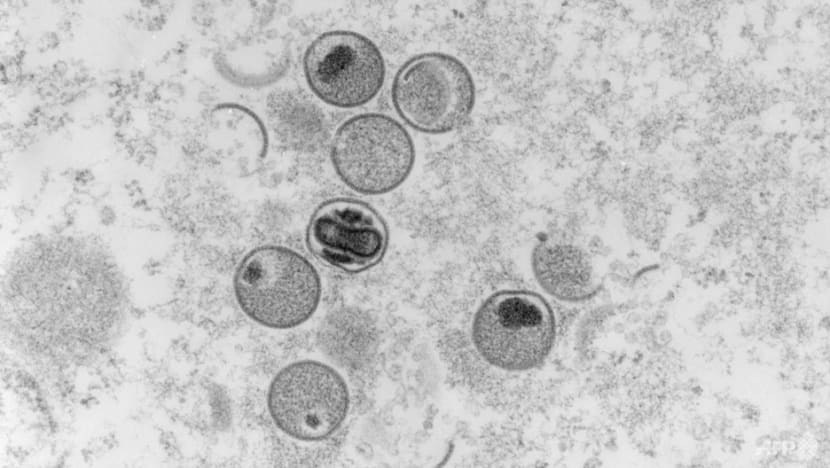Singapore confirms fourth case of monkeypox infection since June
The imported case is a 30-year-old India national who recently returned from Germany.

SINGAPORE: The Ministry of Health (MOH) on Friday (Jul 8) reported one more imported case of monkeypox in Singapore, taking the total number of cases confirmed since June to four.
The patient is a 30-year-old India national who lives in Singapore and had recently returned from Germany.
The man developed rashes in the groin area on Jun 30 and a fever a week later on Jul 7.
He sought medical care and was taken to the National Centre for Infectious Diseases (NCID) on Jul 7, said MOH. He tested positive for monkeypox on Jul 8.
Contact tracing is ongoing.
MOH said that the man is currently warded at NCID and that his condition is stable. His case is not linked to the other monkeypox cases earlier announced by the ministry.
Among Singapore's four monkeypox cases, three are imported and one is a local infection.
Singapore's first monkeypox case this year was an imported case. The patient was a 42-year-old British national who works as a flight attendant. He tested positive on Jun 20.
The country's first local infection was reported on Wednesday - a 45-year-old Malaysian man who lives in Singapore.
Another imported case was confirmed on Thursday. The 36-year-old India national lives in Singapore and he had recently returned from the United States.
The ministry said all the cases are not linked.
Monkeypox is a viral disease that is caused by infection with the monkeypox virus. It is typically a self-limiting illness where patients recover within two to four weeks.
"A small percentage of those infected can fall seriously ill or even die. Those particularly vulnerable to complications are young children, pregnant women or immunocompromised individuals," said the ministry previously.
It added that the risk to the general public remains low as transmission requires close physical or prolonged contact.















